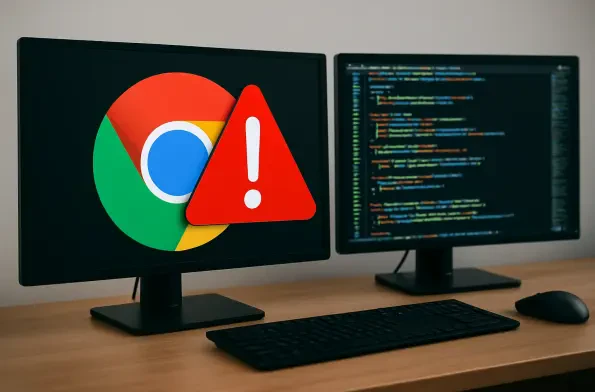In an era where cyber threats loom larger than ever, a single vulnerability in a widely used browser like Chrome can expose millions of users to devastating attacks, making timely updates not just necessary but critical for digital safety. Google has rolled out an urgent update for Chrome version 142 to address a severe zero-day vulnerability, identified as CVE-2025-13223, which has already been exploited in real-world scenarios. This flaw, carrying a high CVSS score of 8.8, stems from a type confusion issue in the V8 JavaScript and WebAssembly engine, potentially leading to memory safety problems. Such issues can trigger crashes or even enable remote code execution if exploited through maliciously crafted HTML pages. Although specific details about the nature of these attacks remain undisclosed, the urgency of this patch highlights the seriousness of the threat. Reported by Clément Lecigne from Google’s Threat Analysis Group on November 12, this discovery points to the sophisticated nature of adversaries targeting browser weaknesses, underscoring the need for constant vigilance.
Addressing Critical Flaws in the V8 Engine
Beyond the actively exploited CVE-2025-13223, the Chrome 142 update also tackles another type confusion vulnerability in the V8 engine, known as CVE-2025-13224, which fortunately has not yet been used in attacks. This second flaw was identified by the Big Sleep AI agent, a tool previously credited with uncovering bugs on the verge of exploitation, emphasizing the value of proactive detection in cybersecurity. The update, released as version 142.0.7444.175 for Linux, 142.0.7444.176 for macOS, and both 142.0.7444.175/.176 for Windows, ensures comprehensive protection across platforms. Google’s swift response to these issues reflects a broader strategy of mitigating risks before they escalate, even when full details of potential exploitation are withheld to prevent further misuse by threat actors. This balance of transparency and caution is a hallmark of modern security practices, aiming to safeguard users while limiting the information available to malicious entities seeking to exploit such vulnerabilities.
Ongoing Battle Against Zero-Day Threats
The release of Chrome 142 marks a significant milestone in the fight against zero-day vulnerabilities, with CVE-2025-13223 being the seventh such flaw addressed in the browser this year alone, following a similar patch in September. This recurring pattern of sophisticated threats targeting Chrome users reveals the persistent challenges faced by tech giants in securing widely used software. The involvement of specialized teams like Google’s Threat Analysis Group highlights the growing risk of advanced persistent threats, often linked to commercial spyware vendors exploiting browser flaws for espionage or other harmful purposes. Looking back, the rapid deployment of emergency patches proved essential in curbing the immediate danger posed by these vulnerabilities. Moving forward, users across all supported platforms are encouraged to apply the update without delay, ensuring protection against potential exploits. Continued emphasis on timely updates and advanced threat detection will remain crucial in safeguarding digital environments against evolving cyber risks.













